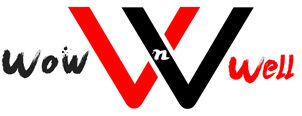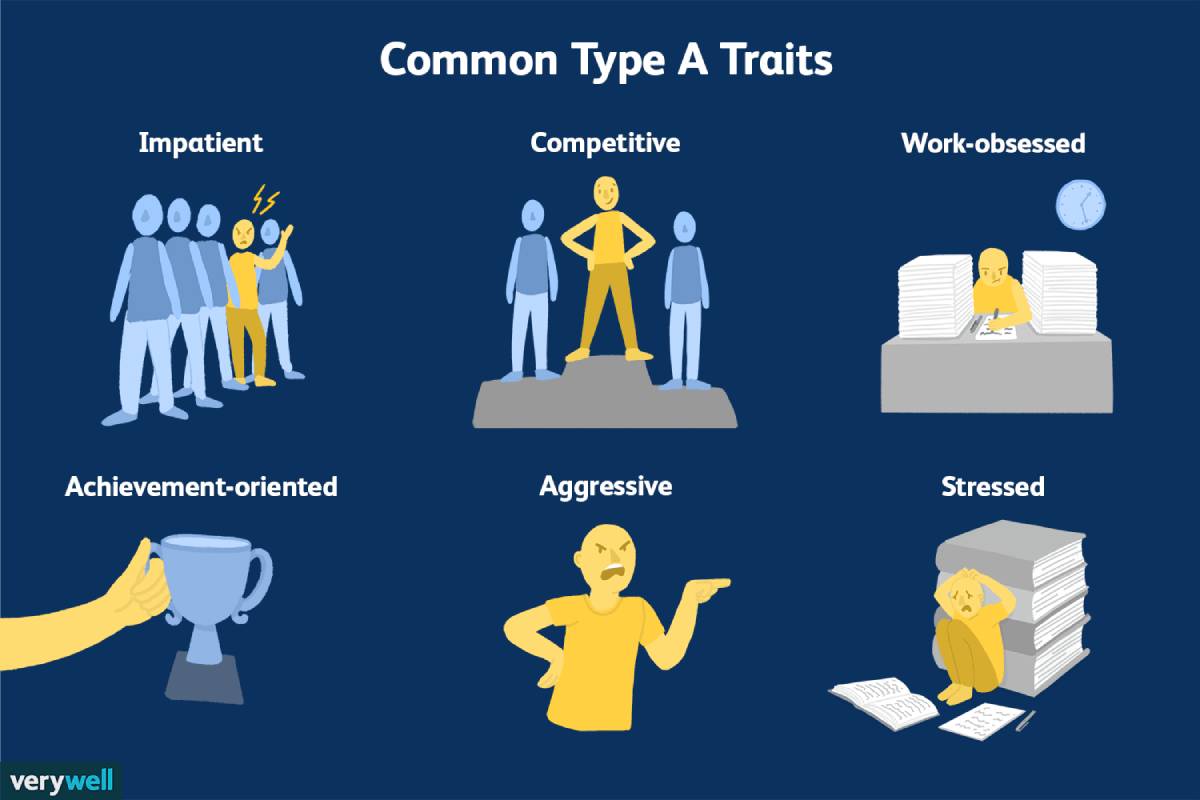There is no standard way in which individuals respond to humans and their environment; it’s unique. It is the consistent manner in which we think, feel, and behave is that psychologists call personality.
There are positive aspects to personality traits — People may perceive attributes like self-motivation, long-term planning, innovation, seeking for information/knowledge, and openness to new experience as being excellent traits.
However, the personality also has a darker side (the dark triad). In this case, we see the patterns of behaviour that result in conflicts, issues, and distress at the workplace.
Our focus tends to be on innate strengths when determining what is required for success at work like an innate sense of intelligence, a thirst to learn, ambition to succeed, and the social skills to establish strong relationships.
However, these traits always coexist with weaknesses — aspects of personalities that, while seemingly oblivious in some circumstances, can have disastrous consequences for careers and organizations when left unchecked.
Psychologists Robert and Joyce Hogan developed an inventory of these “dark side” traits almost 20 years ago. These 11 qualities resemble the most common personality disorders when taken to extremes.
Bold
Being overly self-confident, entitled, and having an inflated sense of worth
Diligent
Detail-oriented, precise, meticulous
Dutiful
A willingness to please but a reluctance to act independently or express disagreement
Cautious
Lacks assertiveness, is resistant to change, takes a longer time to make decisions
Colourful
Attention-seeking, dramatic person who tends to interrupt instead of listening
Mischievous
Likes taking risks, pushing limits, and seeking excitement
Reserved
Indifferent to others’ feelings, aloof
Skeptical
Cynical, distrustful, sensitive to criticism, focused on the negative
Excitable
Moody, easily irritated, difficult to please, and emotionally unstable
Imaginative
Acts or thinks in an unusual or eccentric manner
Leisurely
Overtly cooperative, but secretly irritable, stubborn, and uncooperative
Leaders often fail to evaluate their dark sides as they rise through the ranks, especially as they gain more power. People sometimes mistakenly perceive their professional advancement as a validation for their bad habits. However, they may eventually be derailed, and perhaps even their teams and organizations as well. For example,
Initially, a cautious leader may create an impression of risk management and control in the short term. Too much caution could lead to sabotaging progress and innovation because it would make people very risk-averse.
They may display passion and enthusiasm to co-workers and subordinates by being exuberant but at the same time, they might turn volatile and unpredictable, which might be exhausting for others. They work diligently, pay attention to details and strive to produce high-quality work, but when overdone, it can become an obsession with perfection and procrastination.
You can enhance your self-awareness by reflecting on your personality style and understanding your dark side as it relates to other people’s styles.
Take a look at how you match up with the clusters below and see if you can improve. It is important to know that these patterns are not mutually exclusive. Depending on their lifetime of experience and knowledge, some people use a combination of these.
Also Read: How Do I Avoid Getting Sickness?
Cluster A
Eccentric Styles – Driven to stand out
Wary
Cautious about others’ intentions
Hyper-vigilant.
Detects threats well
Solitary
Prefers working individually
Focusing on specific tasks without interruptions
Good at independent work and thought
Unconventional
Wants to stand out from the crowd, dislikes ‘normal’
Possess a unique perspective when approaching problems
Cluster B
Assertive Styles – Driven to gain control
Aggressive
Constant desires seeking excitement and fears missing out.
A knack for taking decisive action.
Impulsive
Can be intense but unpredictable.
Excellent at establishing relationships and generating new ideas.
Dramatic
Desire to be noticed and seen by others.
Great at commanding and holding others’ attention.
Confident
Presentation and image are extremely important.
Project confidence well.
Resourceful
Prioritizes outcomes over relationships.
Good at getting the job done at any cost.
Cluster C
Anxious Styles – Driven to solve problems
Sensitive
Keen awareness of interpersonal conflicts
Excellent at establishing peace and building consensus.
Selfless
An intense desire to be helpful to others.
Good at advising and supporting roles.
Perfectionistic
Highly motivated to achieve order, control, and productivity.
Good at long-term planning.
How do you respond to stress compared to your colleagues? How do you cope with stress? Observe how effective these strategies have been in the workplace, as well as how conflict-causing they have been. For better understanding, your style, take your own free dark side personality test.




